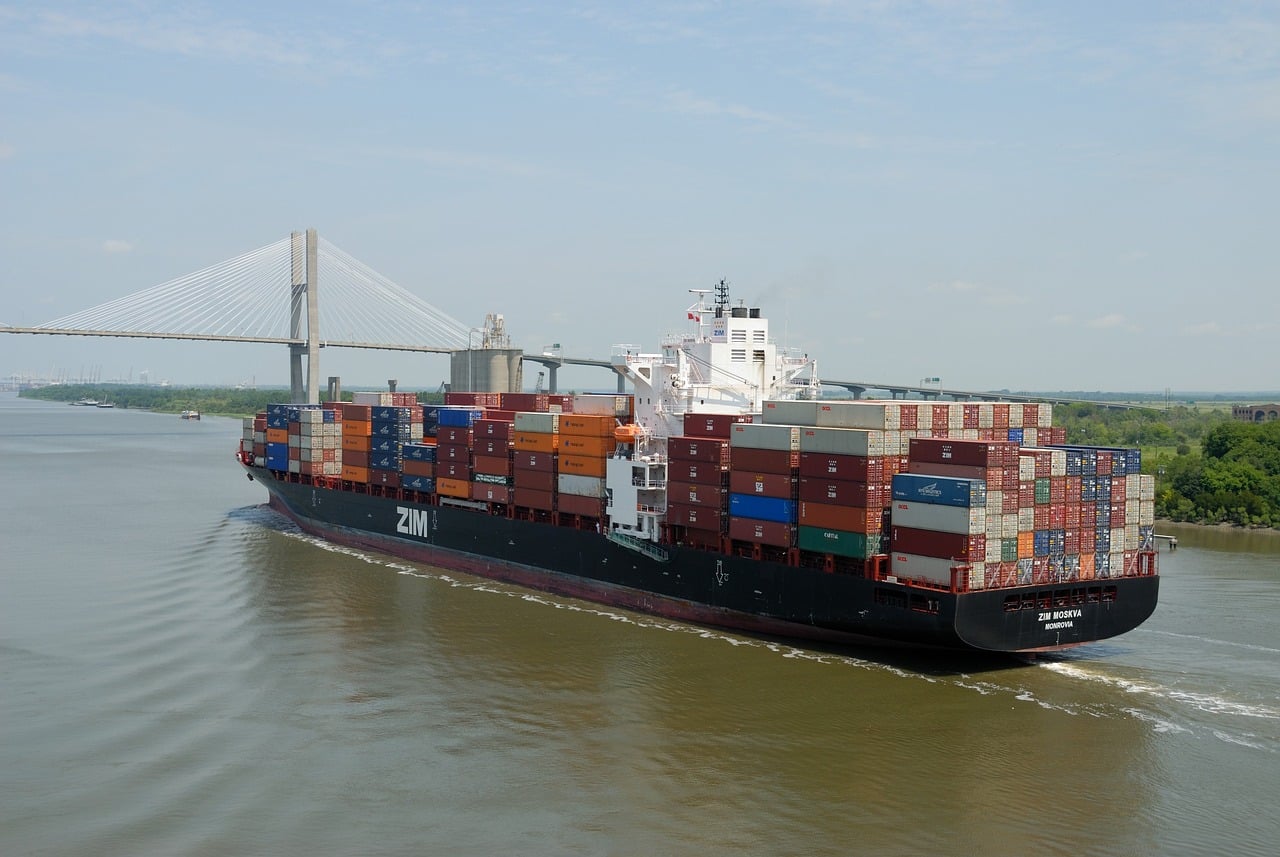
International trade involves the development of commercial activities between two countries.
International trade is commercial activity between two countries . In this sense, an exporting country sends products and/or services to an importing country.
From the Latin commercĭum , commerce is an activity that consists of the purchase or sale of goods for their transformation, resale or use. It is a transaction that involves the exchange of one thing for another, usually money. International , for its part, is that which belongs to or relates to two or more nations or that has transcended the borders of a State .
Characteristics of international trade
International trade is often used as a synonym for world trade or foreign trade . This commercial modality implies the existence of open economies (that is, willing to allow the entry of goods from other countries).
In this matter, it must be highlighted that there are a series of concepts and terms that are fundamental. Thus, on the one hand, there would be protectionism , which is the policy that is developed in a country with the clear objective of protecting national products against the arrival of other foreign ones. The way to achieve this is none other than by imposing on them the obligation to pay a series of tariffs.
Specifically, those who opt to follow this policy also emphasize that it is a way to balance what would be the balance of payments and to take care of national security, in regards to production.
Another important term in international trade is free trade . This is a position totally contrary to protectionism since it considers that the exchange and flow of goods between nations should be allowed without any type of restrictions.

International trade involves the export and import of goods and/or services.
Historical development and theories
The international trade process was strengthened starting in the second half of the 20th century , with the advancement of telecommunications and means of transportation. The capitalist system , already established throughout the world after the fall of the Union of Soviet Socialist Republics (USSR) , bases its growth on free trade and the elimination of borders and obstacles.
There are various economic theories that explain the importance and need for international trade. Adam Smith (1723-1790) stated that goods should be produced in countries with the lowest production costs and from there exported to the rest of the world, which is known as absolute advantage . David Ricardo (1772-1823), for his part, appealed to comparative advantage , which emphasized the relative costs that arose from the comparison between countries.
The importance of international trade
When talking about exports , it must be emphasized that many economist experts agree that they are the fundamental basis for any company to not only consolidate itself in the market but also grow strongly.
Specifically, currently exports of this type are considered essential taking into account not only the globalized world in which we live but also the crisis situation that certain countries are suffering. And in this last case one of the only solutions that their companies have to stay afloat is international trade.
